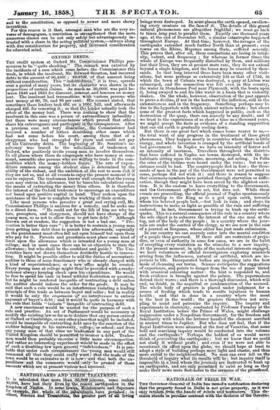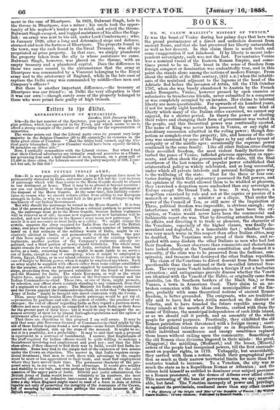WAR, Goverhor-Generblef hittiii'litiviiittedia , notifieation declaring that:the property found in.,Dellii isynnt /prize
property, as it was oilftitaken PCIP/11,0 094(proie ingitineers. Thiar.;dtit. cisicai 'donde in viouiforLoest -action. ertht , ment in the ease of Bhurtpore. In 1825, Bulwunt Singh, heir to the throne in Bhurtpore was a minor ; his uncle took the oppor- tunity of his nephew's tender age to rebel, and seized the throne. Bulwunt Singh escaped, and begged assistance of his allies the Eng- lish: an army was sent to his aid, under Lord Combermere ; who, in January 1826, after a Ion.b and determined siege and defence, stormed and took the fortress of Bhurtpore. The property found in the town nay the cash found in the Great Treasury, was all ap- propriated as prize property. In that case, we simply plundered the property taken from the ally to whose assistance we came. Bulvrunt Singh, however, was placed on the throne with an empty treasury and a plundered capital. Does the difference in these two cases consist in the circumstance that the army at Bhurtpore was commanded by a Viscount belonging to the Royal army and to the aristocracy of England, while in the late case of capture the Delhi army was commanded by middle-class men and Company's officers? But there is another important difference,—the treasury. at Bhurtpore was our friend's; at Delhi the very allegation is that it was our own !—though surely some of the property belonged to thew who were prima facie guilty of high treason.



























 Previous page
Previous page